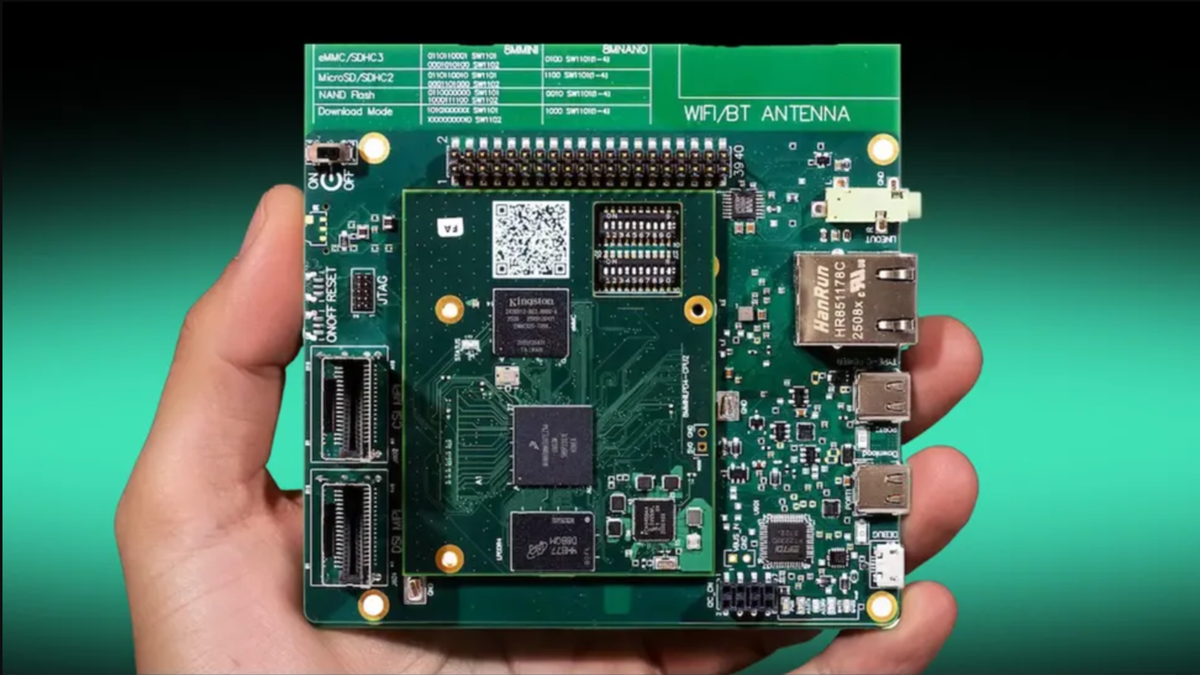The International Space Station (ISS) still has a few years left in orbit before it’s due for retirement, but the future of the orbital lab is looking a little shaky as NASA is forced to tighten its purse strings.
The Center for the Advancement of Science in Space (CASIS), which operates the ISS National Lab, is canceling an upcoming space station research conference, SpaceNews reported. The ISS Research and Development Conference was due to be held at the end of July in Seattle, but CASIS announced this week that, after consulting with NASA, “the current regulatory and budgetary environment does not support holding” the annual conference this year.
The announcement comes a little over a month after the release of the current administration’s so-called skinny budget, which included funding for NASA in 2026. The budget proposes a $6 billion cut to the agency, 24% less than NASA’s current $24.8 billion budget for 2025. The budget also proposes reducing the size of the ISS crew ahead of its planned retirement in 2030, when it’s expected to be replaced by multiple commercial space stations.
Funding for the ISS could be reduced by a quarter, from $1.24 billion to $920 million, according to the proposed budget for 2026. “Crew and cargo flights to the station would be significantly reduced,” the budget proposal read. “The station’s reduced research capacity would be focused on efforts critical to the Moon and Mars exploration programs.”
During a briefing held in late May, Dana Weigel, NASA’s ISS program manager, revealed that the space agency had already been facing resource issues regarding the space station before the 2026 budget proposal. “The station has been faced with a cumulative multi-year budget reduction,” Weigel is quoted in SpaceNews as saying. “That’s the challenge that I’ve had that we’ve been managing through today. That has left us with some budget and resource challenges that result in less cargo.”
The cargo includes supplies for onboard crew members. For more than two decades, the space agency has maintained a crew of at least four NASA astronauts on board the ISS, along with international crew members from Russia, Japan, Canada, and other countries. NASA has previously flown four or five cargo missions a year, but the agency has only planned for three drop-offs in 2025. “We’re evaluating the potential for moving to three crew,” Weigel said during the briefing. “That’s something that we’re working through and trying to assess today.” NASA is also considering extending the duration of missions on the ISS from six to eight months, Ars Technica previously reported.
Meanwhile, five commercial space stations, including Orbital Reef, Axiom Station, and Starlab, are currently in the works but nowhere near being ready to host astronauts in low Earth orbit. The ISS maintains a steady presence of orbital science above Earth’s surface, which would leave behind a major gap to fill.










 English (US) ·
English (US) ·